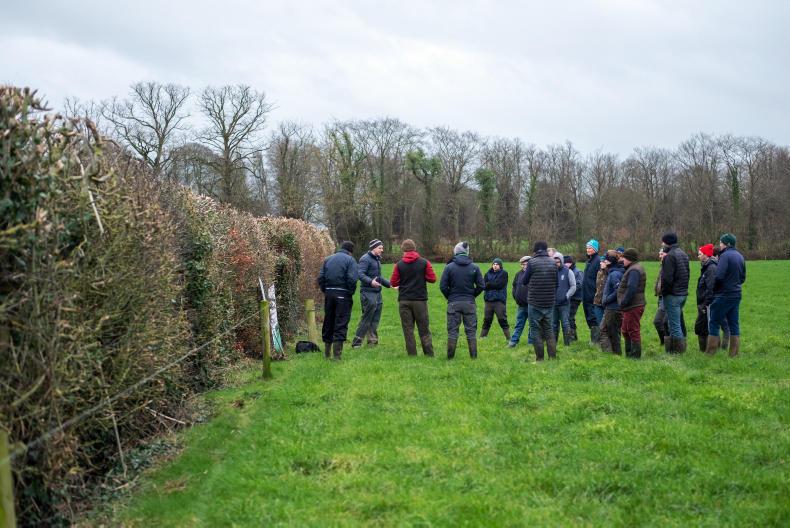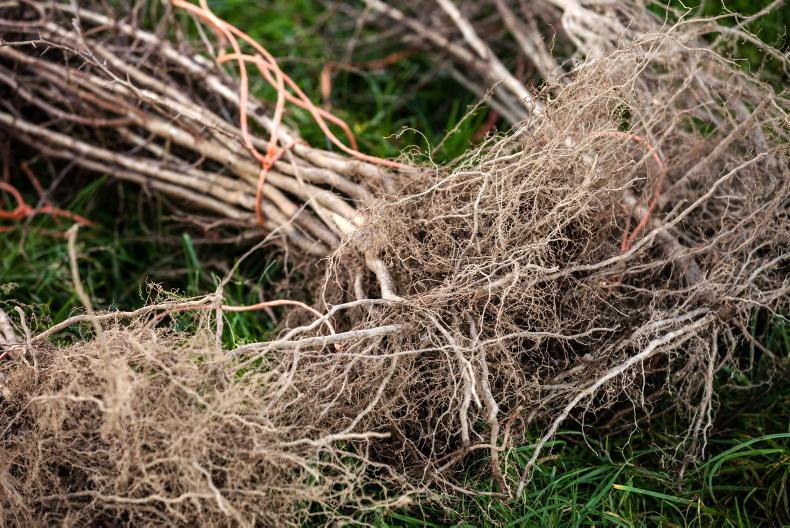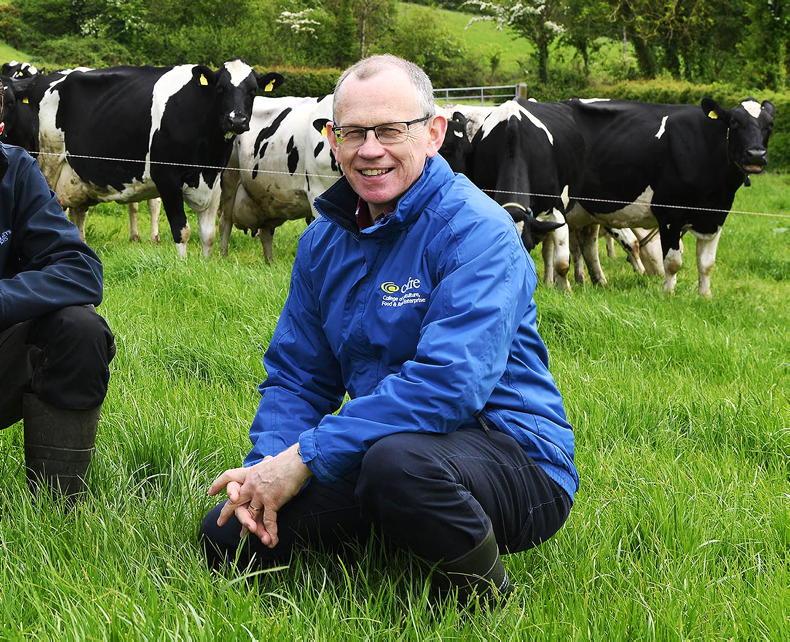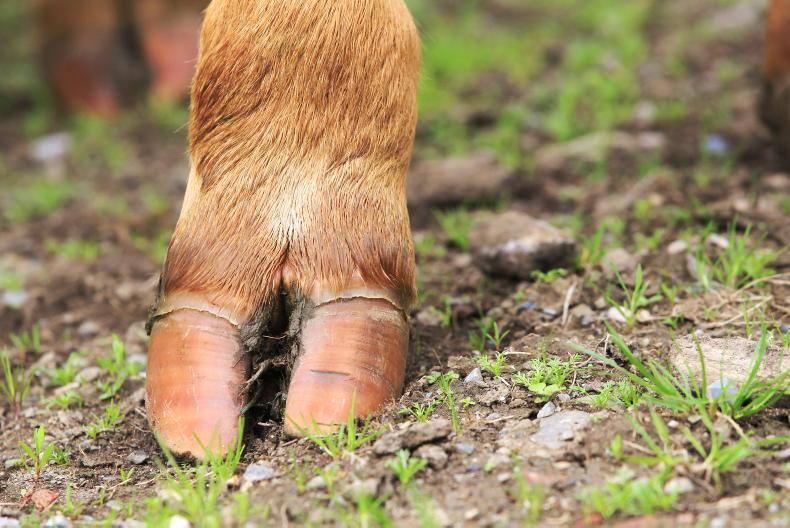The Knowledge Transfer (KT) programme launched in 2016 by the Department of Agriculture is set to finish on 31 July 2019. The programme followed on from the Department’s beef and sheep technology adoption programmes and provided funding to encourage participation in KT groups across the beef, dairy, equine, poultry, sheep and tillage sectors.
One contributing factor was new criteria set around group participation
The scheme was funded through the current Rural Development Programme and had a target of 27,000 participants with a fund of €100m made available to service the three-year programme. The level of participation was lower with over 18,000 farmers participating. One contributing factor was new criteria set around group participation.
It is fair to say the programme divided opinion from the outset. The structure of the programme included an EU regulatory requirement meaning payment had to be passed through to the facilitator who in turn paid participants. Payment to the farmer was set at €750 (€1,125 where participating in two sector-groups) while facilitators receive €500 for each participant.
Farmers involved through Teagasc and not receiving any other service have continually argued they should not have had to pay a client membership fee outside of the facilitator payment. A stipulation to carry out a health plan with an approved veterinary practitioner costing from €100 to €250 also angered other participants. Others thought the workload involved was excessive or that some groups did not deliver on their targets.
The programmes also delivered significantly in opening up the availability of knowledge to a wider audience
It should be pointed out here that the payment was designed to compensate farmers for costs associated in attending group meetings or partaking in the programme and was a support payment with the overall objective that the programme would deliver far higher returns for the farm through technology transfer.
The programmes also delivered significantly in opening up the availability of knowledge to a wider audience, while it led to a greater focus on financial performance through Teagasc’s eProfit Monitor programme and allowed farm progress to be tracked more accurately.
There will no doubt be a fall-off in group participation in the absence of a payment but one would hope that some groups will see the merit in continuing the group dynamics and that facilitators will put themselves in a position to continue working with groups.
Loss of income
Whatever your thoughts on the programme, the reality is that it will be a loss of revenue coming into the respective sectors from 31 July.
The Department of Agriculture scheme payment update shows €11.33m paid to 18,131 farmers in 2018 for year two of the programme with €6.91m paid to facilitators.
It was rumoured that there were plans to roll over the programme into a fourth year but there are now grave question marks surrounding this theory.
If the programme were to continue or be reintroduced in a similar format, many participants would push for the design of the programme to concentrate on a narrower suite of measures or targets
This comes in light of an increased likelihood of a no-deal Brexit and the knock-on effects that this is likely to have in swallowing up funding while other negative clouds such as Mercusor trade negotiations are also taking precedence.
If the programme were to continue or be reintroduced in a similar format, many participants would push for the design of the programme to concentrate on a narrower suite of measures or targets. There is also a need to look at the timing of completion and submission of reports. This comes as many Teagasc advisers are tied up for an extended period following on from the submission of BPS applications which is hampering farm visits at a critical time of year for grassland management, breeding and may other areas.
Forestry KT programme
Meanwhile, the forestry Knowledge Transfer groups launched by the Department of Agriculture in August 2018 are getting up and running.
The scheme is similar to the other sectors with each group comprising a maximum of 20 participants. There is a payment of €490 to each participant and a requirement to attend at least seven meetings or outdoor events.
KT group organisers (includes forest owner groups, forestry companies and forestry consultants) will receive €6,500 per KT group.









SHARING OPTIONS